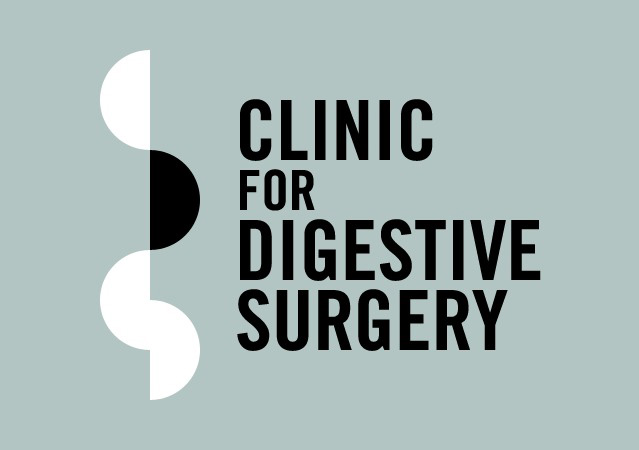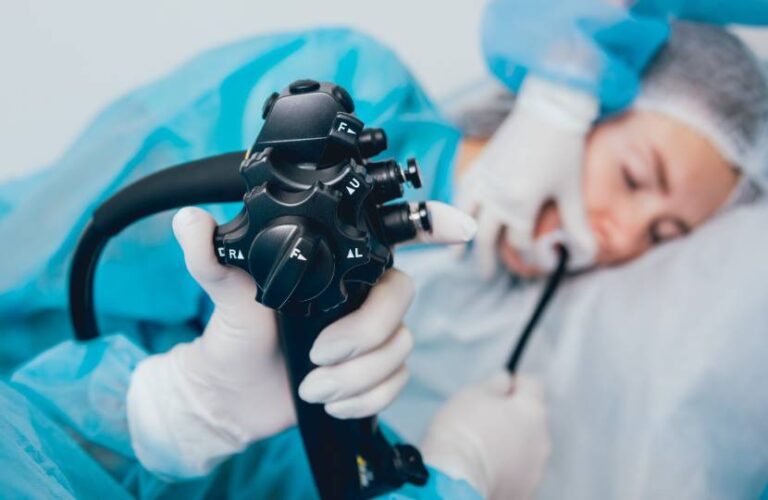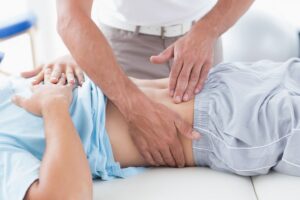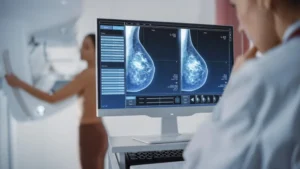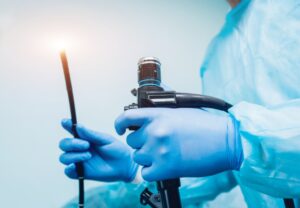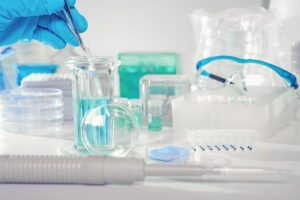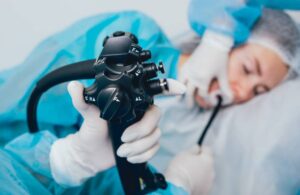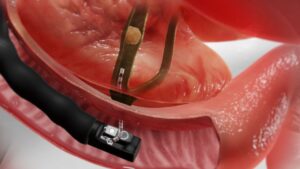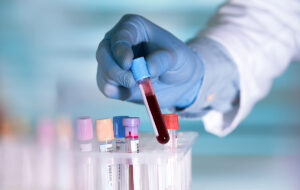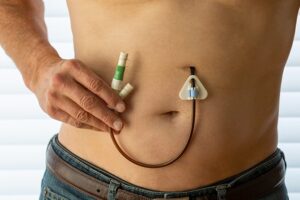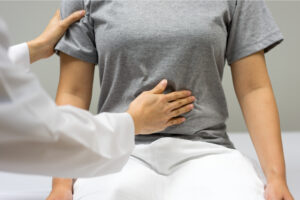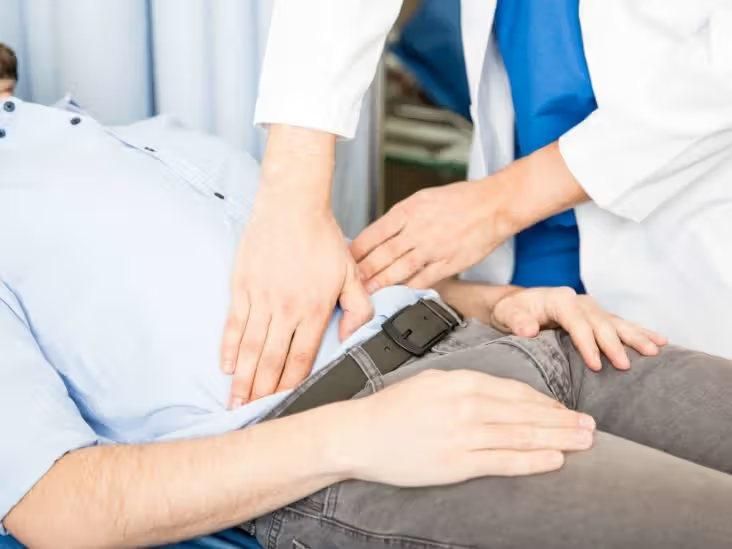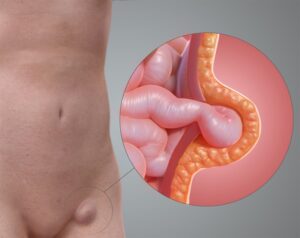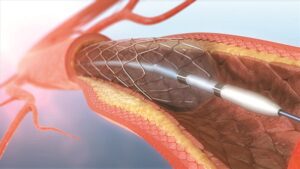What is Endoscopy?
Endoscopy is a medical procedure that allows doctors to view the inside of your digestive tract using a flexible tube with a light and camera attached to it, called an endoscope. This procedure helps diagnose, monitor, and sometimes treat conditions affecting the oesophagus, stomach, and intestines.
Why Might You Need an Endoscopy?
Endoscopy is often recommended for various reasons, including:
- Investigating Symptoms – If you have unexplained symptoms like persistent abdominal pain, difficulty swallowing, or gastrointestinal bleeding, an endoscopy can help find the cause.
- Diagnosing Conditions – It helps diagnose conditions such as ulcers, gastritis, polyps, cancer, and inflammatory bowel disease (IBD).
- 3. Monitoring Existing Conditions – For chronic conditions, such as Barrett’s oesophagus or regular endoscopies can monitor disease progression and response to treatment.
- Performing Certain Treatments – During an endoscopy, doctors can perform minor procedures like removing polyps, taking biopsies, or treating bleeding areas.
Types of Endoscopy
There are several types of endoscopy, depending on which part of the digestive tract needs to be examined:
- Upper Endoscopy (Gastroscopy, OGD or oesophagogastroduodenoscopy – This examines the oesophagus, stomach, and the first part of the small intestine (duodenum).
- Colonoscopy – This examines the entire colon (large intestine) and rectum.
- Sigmoidoscopy – This examines only the rectum and the lower part of the colon (sigmoid colon).
- Capsule Endoscopy – Involves swallowing a small, pill-sized camera that takes thousands of pictures as it passes through your digestive tract, which is particularly useful for examining the small intestine.
Preparing for an Endoscopy
Proper preparation is crucial for a successful endoscopy. Here are the general steps:
- Dietary Restrictions – You may be asked to stop eating and drinking for several hours before the procedure. For a colonoscopy, a clear liquid diet may be required the day before.
- Bowel Preparation – For procedures involving the colon, you’ll need to take a laxative solution to clean out your intestines.
- Medication Adjustments – Inform your doctor about any medications you’re taking. You might need to stop certain medications, such as blood thinners, temporarily.
- Arrange Transportation – Since sedation is often used, you’ll need someone to drive you home afterwards.
What to Expect During the Procedure
Endoscopy procedures are usually quick and minimally invasive. Here’s what happens:
- Sedation – Most endoscopies are performed under sedation to ensure you are comfortable and relaxed.
- Insertion of the Endoscope – The doctor gently inserts the endoscope through your mouth for an upper endoscopy or through the anus for a colonoscopy.
- Examination – As the endoscope moves through your digestive tract, it sends real-time images to a monitor. The doctor can view these images to look for abnormalities.
- Minor Procedures – If necessary, the doctor can perform treatments like removing polyps or taking tissue samples (biopsies) during the endoscopy.
After the Endoscopy
Post-procedure, you’ll be monitored as the sedation wears off. Here’s what to expect:
- Recovery – You might feel a bit groggy or have a mild sore throat if you had an upper endoscopy. For colonoscopies, you may experience some gas or bloating.
- Results – The doctor will discuss any immediate findings with you. Biopsy results or other tests might take a few days.
- Follow-Up – Based on the results, you may need follow-up appointments or additional treatments.
Risks and Complications
While endoscopy is generally safe, there are some risks, including:
- Perforation – Rarely, the endoscope can create a small tear in the digestive tract lining.
- Bleeding – Minor bleeding can occur, especially if a biopsy or polyp removal is performed.
- Infection – Although uncommon, there is a slight risk of infection.
- Reactions to Sedation – Some people may have adverse reactions to the sedatives used.
Your doctor will discuss these risks with you and explain how they are managed.
Frequently Asked Questions (FAQs)
How long does an endoscopy take?
Most endoscopies take between 15 to 45 minutes, depending on the type and complexity of the procedure.
Is an endoscopy painful?
You might feel some discomfort, but sedation helps minimise pain and anxiety during the procedure.
How should I prepare for an endoscopy?
Follow your doctor’s instructions carefully, including fasting, bowel prep for colonoscopies, and medication adjustments.
Can I eat and drink after an endoscopy?
You’ll typically be able to eat and drink a few hours after the procedure once the sedation effects have worn off.
How soon will I get my results?
Preliminary results are often available immediately after the procedure, but biopsy results can take several days.
Endoscopy is a valuable tool in diagnosing and treating digestive conditions. By understanding what to expect before, during, and after the procedure, you can feel more at ease and prepared. If you have any concerns or questions, don’t hesitate to discuss them with your healthcare provider. Your digestive health is important, and endoscopy can be a key part of maintaining it.
